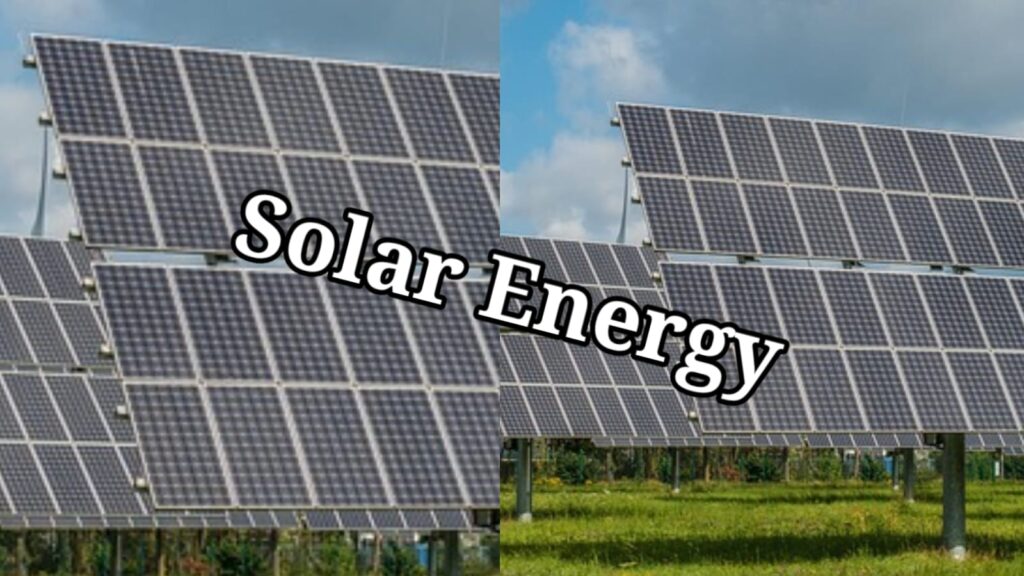
Introduction
In light of environmental challenges and rising energy costs, solar energy has emerged as an ideal solution for a cleaner and more sustainable future. It relies on a natural, inexhaustible source — sunlight — making it one of the best options for generating electricity in an eco-friendly and cost-effective way over the long term.
? What Is Solar Energy
Solar energy is the power we harness from sunlight, converting it into electric or thermal energy using specific technologies such as solar panels or thermal collectors. It is one of the leading forms of renewable energy, producing no harmful emissions or pollutants.
Main Components of a Solar Energy System
A solar energy system consists of several key components that work together to generate and store electricity or heat:
- Solar Panels
These panels absorb sunlight and convert it into direct current (DC) electricity. - Charge Controller
Regulates the voltage and current flowing into the batteries, protecting them from overcharging or deep discharge. - Batteries
Store electrical energy for use during the night or on cloudy days. - Inverter
Converts the stored DC electricity into alternating current (AC) for powering household appliances. - Mounting Structures
Secure the solar panels in place at optimal angles to maximize sun exposure.
Benefits of Solar Energy
- Environmentally Friendly
Produces no carbon emissions or harmful gases. - Long-Term Financial Savings
While installation costs may be high initially, electricity bills are significantly reduced over time. - Renewable and Inexhaustible
Sunlight is abundant and available every day. - Reduces Dependency on Fossil Fuels
Helps lower pollution and reduces pressure on the electrical grid. - Low Maintenance
Solar systems are durable, require little upkeep, and last for many years. - Ideal for Remote Areas
Perfect for villages or regions without access to the electricity grid.
Common Uses of Solar Energy
Power generation for homes, farms, and factories
Operating water pumps in agriculture
Heating water for domestic use
Solar-powered street lighting
Charging mobile devices and small electronics
Conclusion
Solar energy is no longer just an alternative — it has become a necessity for achieving sustainability and protecting our planet from climate change. With ongoing technological advancements, solar energy is now more accessible and efficient than ever. Investing in solar power means investing in a cleaner, brighter future.

